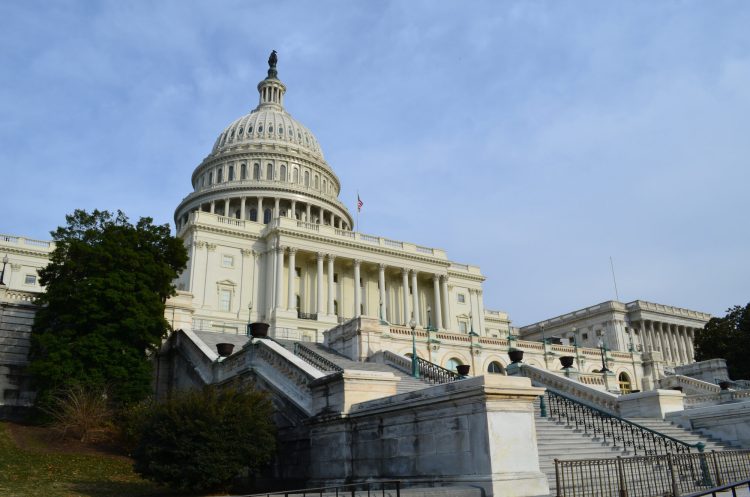This guest column by Concord Coalition Executive Director Robert L. Bixby ran recently in the Orlando Sentinel. It can also be found on the newspaper’s website.
White House Budget Director Mick Mulvaney told lawmakers in late May that President Trump’s budget “keeps the president’s promise to balance the budget within the next decade and reduce our debt without affecting beneficiaries of Social Security and Medicare retirement programs, and without raising taxes.”
It’s difficult to evaluate this claim because Trump’s budget relies on improbable projections of higher economic growth and unrealistic assumptions about future spending cuts. One critical aspect, however, has often been overlooked: the extent to which Trump’s budget, if taken seriously, would sacrifice all other programs to allow Social Security and Medicare to consume an ever-larger share of the federal budget in the years ahead.
Even without the president’s policies, Social Security and Medicare would consume a growing share of the federal budget. That’s because an aging population means the government must spend more each year just to provide the same level of support to more older Americans. Rising health-care costs are a key factor as well.
Yet Trump’s policies would take the budget trend that already favors Social Security and Medicare spending and make it even more pronounced.
According to the administration, Medicare and Social Security would grow under current law from 41 percent of non-interest spending in 2017 to 49 percent in 2027. Under the president’s policies, however, those two programs would consume 57 percent of non-interest spending by 2027.
Social Security and Medicare do have some dedicated resources such as a payroll tax and beneficiary premiums but these are not enough to cover current expenses, and the gap will deepen over time. In 2017, Social Security and Medicare will require $344 billion in general revenues to finance their shortfalls — equal to 2.1 percent of GDP. By 2040, the annual shortfalls are projected to reach 4.2 percent of GDP.
Budget analysts have long warned that attempting to bring federal deficits under control without touching Social Security and Medicare or raising taxes would require dramatic cuts in other programs.
As far back as 1994, the Bipartisan Commission on Entitlement and Tax Reform, chaired by then-Sens. Bob Kerrey and Jack Danforth, who now are co-chairs of The Concord Coalition, warned: “To ensure that funds are available for essential and appropriate government programs, the nation cannot continue to allow entitlements to consume an increasing share of the federal budget.”
But under Trump’s budget, Social Security and Medicare, the two largest “entitlement” programs, are the only two spending categories that would grow faster than the economy.
Appropriations for defense and non-defense programs would be cut to the lowest level as a share of the economy since this statistic was first recorded in 1962. Other entitlement programs, including Medicaid, would also be cut relative to current law.
In total, non-interest spending other than Social Security and Medicare would be reduced from 11.7 percent of GDP in 2017 to 7 percent in 2027, an unprecedented decline that appears unrealistic. Many lawmakers in Trump’s own party have already objected loudly to his proposed cuts or dismissed them entirely.
Even if it were politically feasible, however, hollowing out the rest of the budget to protect the two fastest-growing programs would put a disproportionate burden on all of the nation’s other priorities. Defense, domestic investments and safety-net programs would all be squeezed, year after year.
This is not to say that Social Security and Medicare should be cut back to prior times when the demographic picture and health-care costs looked much different. With the government already struggling with budgetary constraints and on course to add trillions of dollars to the federal debt in the next decade and beyond, however, no part of the budget should be exempt from scrutiny.
Robert L. Bixby is executive director of The Concord Coalition, a nonpartisan advocate of more responsible fiscal policies in Washington.
Continue Reading


